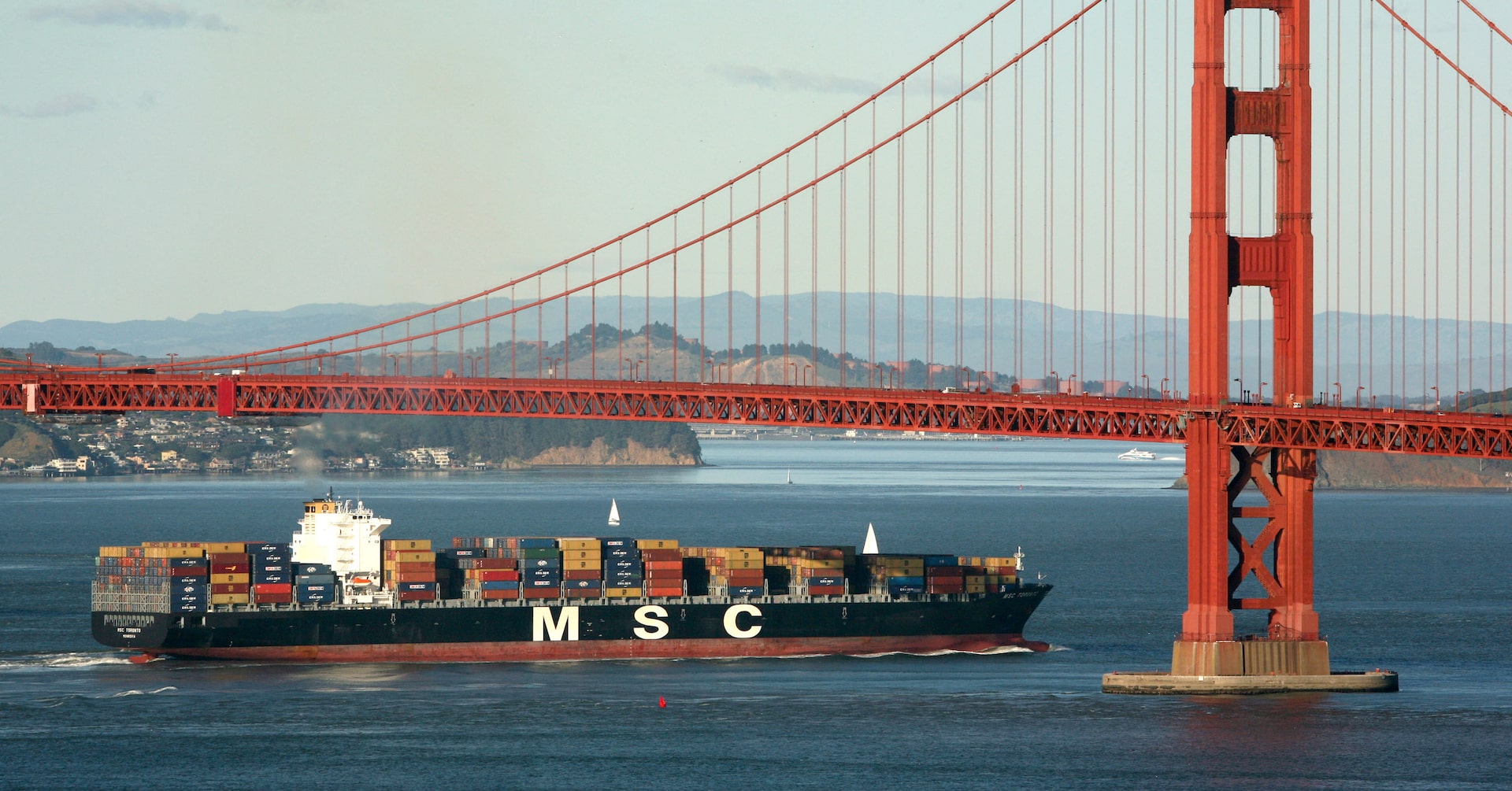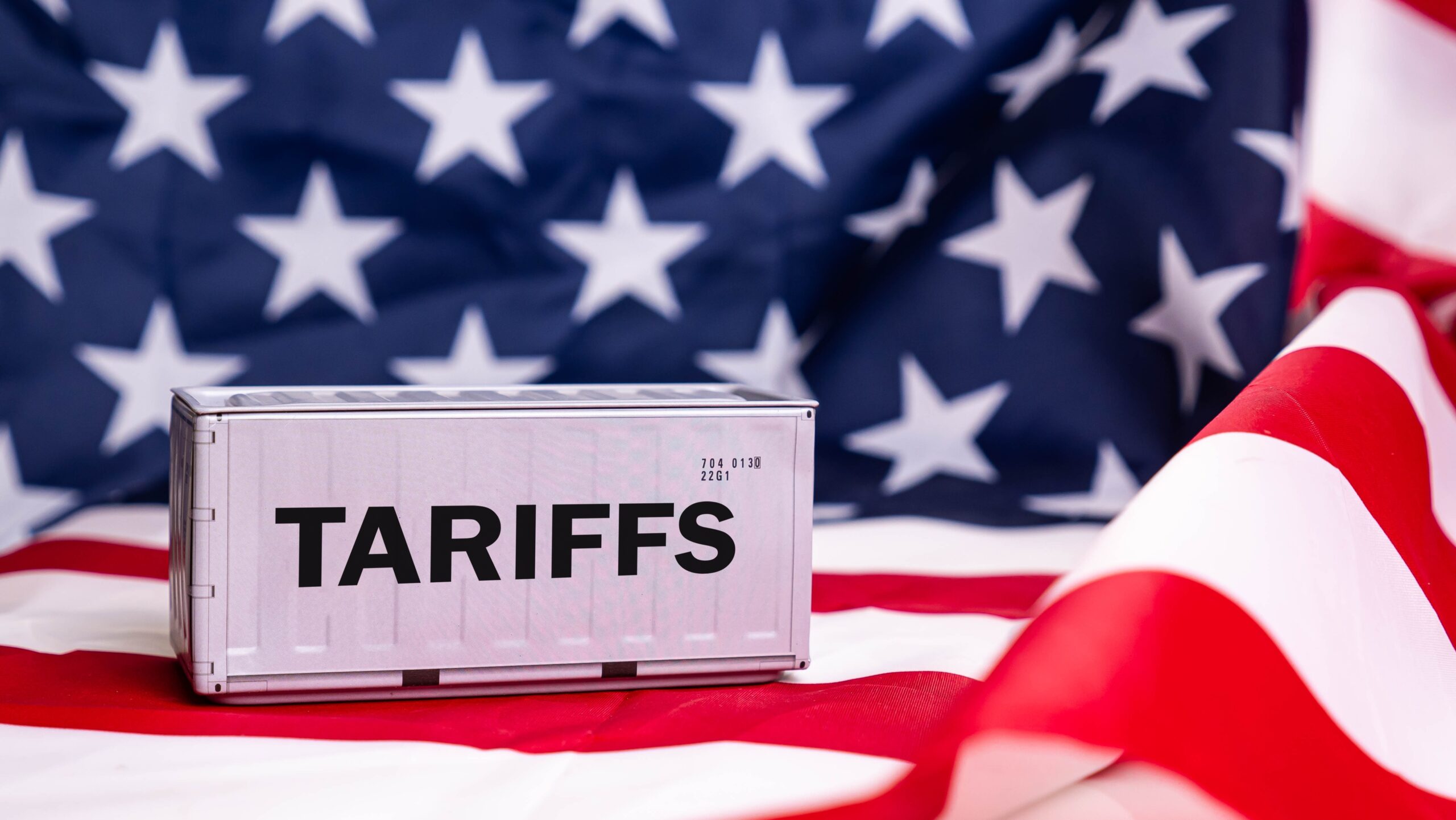Trade War Tremors: Which U.S. Industries Are About to Get Hit by China's Economic Hammer?
Companies
2025-04-07 06:05:18Content

In a dramatic escalation of the ongoing trade tensions, China has unleashed a powerful economic counterpunch by announcing sweeping 34% tariffs on all U.S. goods, signaling an intensifying trade war that threatens to disrupt multiple critical industries.
The unprecedented tariff move comes as a direct response to recent trade actions by the United States, targeting sectors ranging from high-tech aviation to foundational agricultural markets. This strategic economic maneuver demonstrates China's determination to push back against what it perceives as aggressive trade policies.
The comprehensive tariffs are expected to send shockwaves through global supply chains, potentially causing significant disruptions for American businesses and farmers who have long relied on the Chinese market. From Boeing aircraft to Midwestern soybeans, no sector appears to be immune from the potential fallout of this escalating economic confrontation.
As tensions continue to simmer, the international business community watches with growing apprehension, wondering how this latest salvo will impact global trade dynamics and the delicate economic relationship between the world's two largest economies.
Trade Tensions Escalate: China's Strategic Tariff Countermove Threatens Global Economic Landscape
In an unprecedented economic confrontation, China has strategically positioned itself to deliver a significant blow to U.S. trade relations, signaling a complex and potentially transformative moment in international economic diplomacy. The recent tariff announcement represents more than a mere retaliatory measure; it embodies a sophisticated geopolitical chess move with far-reaching implications for global commerce.Economic Warfare: When Tariffs Become Diplomatic Weapons
The Anatomy of China's Retaliatory Strategy
China's decision to impose comprehensive tariffs on U.S. goods reveals a meticulously calculated approach to economic pressure. By targeting a broad spectrum of American exports, Beijing demonstrates its capacity to inflict substantial economic pain across multiple industrial sectors. The 34% tariff rate is not arbitrary but a carefully calibrated instrument designed to send a powerful message about China's economic resilience and strategic capabilities. The implications of this tariff strategy extend far beyond simple trade restrictions. It represents a sophisticated form of economic diplomacy where traditional negotiation boundaries are being dramatically redefined. Multinational corporations, trade analysts, and policymakers are now compelled to reassess their understanding of international economic interactions.Sectoral Impact and Industrial Disruption
The sweeping tariff implementation promises to create significant turbulence across diverse industrial landscapes. Aviation, agriculture, technology, and manufacturing sectors stand at the precipice of potentially transformative economic challenges. Each industry will be forced to reevaluate supply chains, recalibrate pricing strategies, and potentially explore alternative market configurations. Agricultural exporters will likely experience the most immediate and tangible disruptions. Commodity markets, already volatile, may witness unprecedented recalibrations as traditional trade pathways become increasingly complex. Farmers and agricultural businesses must now navigate an increasingly unpredictable international trade environment.Geopolitical Ramifications and Strategic Calculations
This tariff announcement transcends mere economic policy; it represents a profound statement of geopolitical positioning. China's move signals a willingness to absorb potential short-term economic discomfort to achieve long-term strategic objectives. The decision reflects a comprehensive understanding that economic leverage can be as powerful as traditional diplomatic instruments. International observers are closely monitoring how this strategic maneuver might influence broader geopolitical relationships. The potential for escalation or negotiation remains delicately balanced, with each potential response carrying significant diplomatic and economic consequences.Global Market Dynamics and Investor Sentiment
Financial markets are likely to experience heightened volatility as investors process the broader implications of this tariff strategy. Uncertainty becomes the primary currency, with market sentiment oscillating between apprehension and strategic repositioning. Institutional investors and multinational corporations must now develop more nuanced, adaptive strategies to navigate this complex economic terrain. The interconnected nature of global markets means that the ripple effects of this tariff implementation will be felt far beyond immediate bilateral relations. Emerging markets, technology sectors, and international supply chains will all be compelled to reassess their operational paradigms in light of these dramatic developments.RELATED NEWS
Companies

Maritime Leaders Warn: Trump's China Tariffs Could Sink American Business
2025-03-24 14:32:54
Companies

Silicon Valley Secrets: Intel's CEO and His Controversial Chinese Investment Web
2025-04-10 10:02:35






